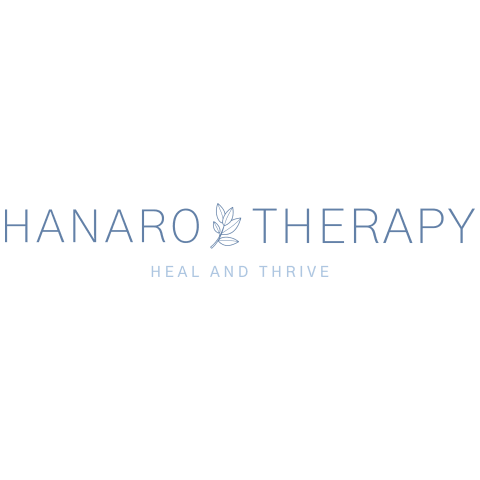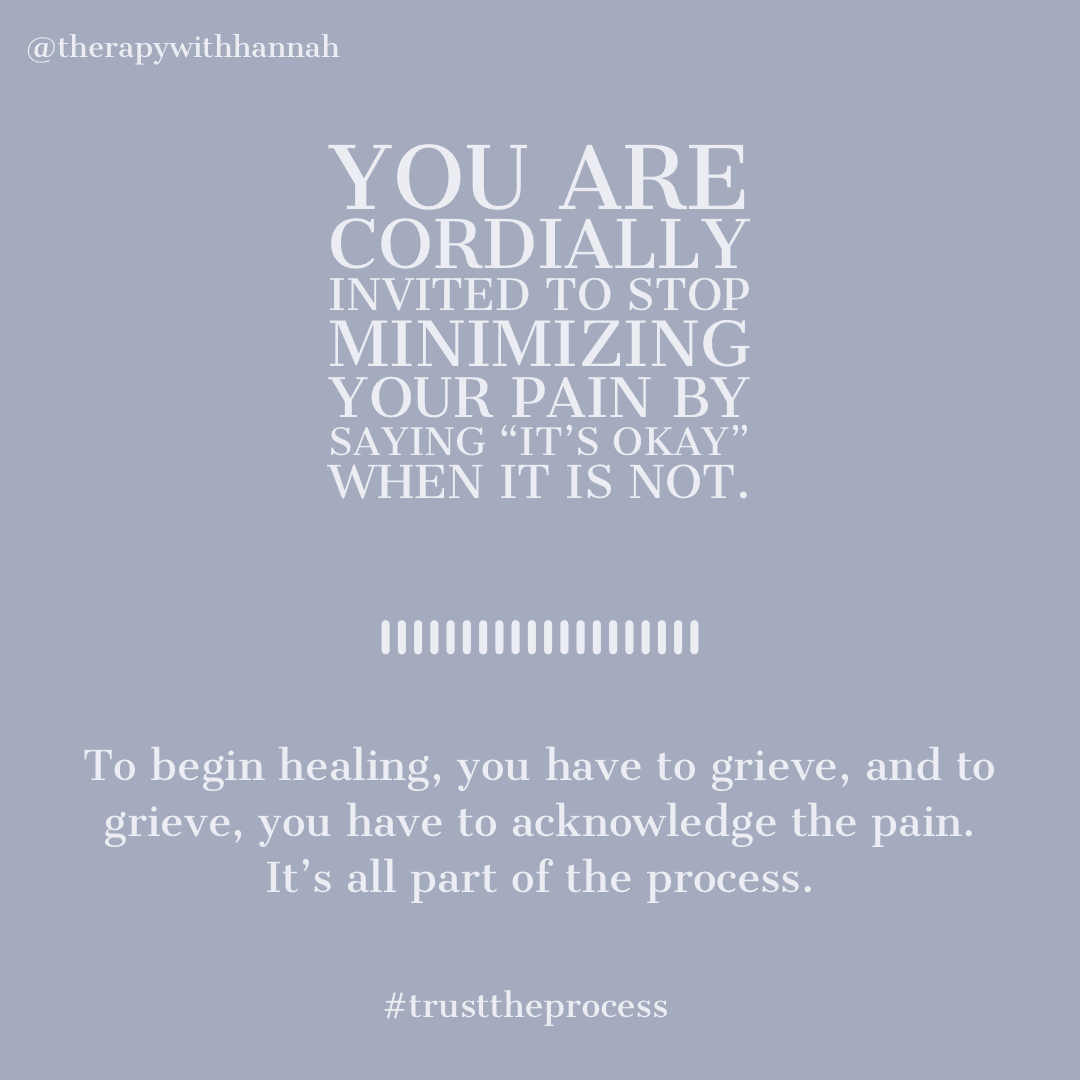
Today we’d like to introduce you to Hannah Lee
Hi Hannah, please kick things off for us with an introduction to yourself and your story.
Hello! I am a mama to three rambunctious little ones, wife to a handsome Latino special education teacher, and a California-based licensed clinical social worker and Brainspotting practitioner. I would say that my story began as a child of immigrants growing up in a home where one of my parents struggled with both physical and mental health issues. You might say that I’ve always been interested in what makes people tick, as I remember wondering, even as a little girl, what would make my parents the happiest and why they did the things they did. Growing up in the San Fernando Valley in a multicultural environment, I had the opportunity to observe the diversity of interactions between people from different racial, cultural, and socioeconomic backgrounds. As I was discovering my own identity, I often ask questions about other people to better understand my own place in the world. People’s stories and experiences were of great interest to me, as was their happiness and their heartbreak. I think I realized pretty early on that not everybody cared and felt as deeply as I did about these things and that it was a special gift I needed to protect but also cultivate with care. In second grade, when we did a book report on future careers, I chose social work, because my teacher told me that was the career of people who help others for a living. Funny enough, I do remember thinking that I could never be a social worker in real life because my research at the time told me that there was high stress and low pay for social workers. As a seven-year-old I already knew that I didn’t want any more stress in my life than I already had, and it would be nice not to worry so much about money! Due to some of the dynamics at home, I later experienced mental health issues myself as a teenager, and by the time I was in college was diagnosed with ADHD, depression, and anxiety. I had grown up in a community where there was no talk of mental health, and nobody had spoken to me about trauma or neurodivergence before. To me, having some answers and explanations about what I was experiencing provided deep relief and healing, and eventually clarity and empowerment. I was able to separate my painful experiences from my identity, but also be able to connect the dots between the two. Although intersectionality was not a word that was being used commonly when I was attending college, it was definitely some thing I was experiencing and identifying with. I ended up pursuing a major in Asian American studies in undergraduate and went on to study crosscultural studies and later social work in my two graduate degrees. Looking back on my journey, it’s clear that I was trying to figure out first who I was, and making sense of my family and my community in the context of its history. After I had established that, I was interested in crosscultural dynamics, having lived through both the LA Riots and 9/11 and realizing that race and culture were powerful social constructs that could bring together people, but also divide them. The final piece was to equip myself with a clinical skill set so that I could become someone who could offer support and healing and also journey together with people who were suffering while trying to make sense of themselves and untangling their traumatized and fractured selves. I had to pivot and try several things in terms of jobs and careers before I finally landed where I am today, but I can say that every single experience contributed something valuable to my journey. Many years after I first dreamt of being someone who helps others, I found myself starting a private practice as I turned 40 years old and finally fulfilling my long-held dream of doing what I love for my job, helping other people. My focuses as a mental health professional is on trauma, ADHD/neurodivergence, grief, intersectional identity, and anxiety/depression; not only did I focus my training on these areas, but these are the areas in which I have the most experience personally and feel equipped with the superpower of empathy to walk with others through their experiences and healing.
I’m sure it wasn’t obstacle-free, but would you say the journey has been fairly smooth so far?
No, it has certainly not been a smooth road. Although the diagnosis of ADHD at the beginning of college was a gift to me in many ways, it was also a reality check and some thing I had to spend time working through. While it explained a lot, it did not remove the inherent challenges overnight. I had to come to terms with having a brain that was different from others, having highly sensitive tendencies, wrestling with often poor or seemingly non-existent executive functioning, and quietly fighting the anxiety and constant rejection sensitive dysphoria (basically, an extremely thin emotional skin) that my particular brand of combined (both hyperactive/inattentive) ADHD came with. One of the hardest things was making sense of many of the painful experiences I had with my parents and my community. Being an American born child of immigrants can be a very stressful, confusing, and lonely experience. Because I went to a private school with primarily Caucasian students, I was a minority on campus and they were very few safe adults I could go to for support during the week. Not that these people didn’t try their best, but it was not a context where people were aware of things like cultural, humility, or competency, and I didn’t have the language at the time to articulate the daily microaggressions. I was experiencing from both peers and teachers. Later in college, I was introduced to language and concepts that helped untangle my own experiences and write a more clear and empowering narrative for myself. But until then, I just thought I was the problem, and in my teen years, I often wavered back-and-forth between hating myself and hating everyone else for not understanding me. One of the hardest things in identity formation was this idea of code switching. It was not a concept introduced to me until I wasn’t graduate school, and until then, I was hearing from different people in my life that I was two-faced or that I had many personalities and masks and hats. Because I have always had a deep value for authenticity, that was a very hurtful thing to hear from people who didn’t realize that I was simply trying to survive by adjusting my behavior to my context, which kept switching and had different sets of rules and norms, depending on where I was. Sometimes the ADHD features felt like a superpower because I was very high on empathy and naturally hypervigilant, or hyperfocused at times, but other times it felt like a huge vulnerability that I had to hide because I was hurting so much on the inside from feeling everything so deeply. In addition, very few people knew about the struggles. My family was having because we were not encouraged to share with anyone outside the home lest we shame our family and ourselves. Looking back, I wish I had someone like the adult version of me today back then who could have reached out to my parents and advocated for mental health services and even medication to help maybe the best version of myself. Fortunately, I am in a position and have the skill set to be able to do that for other young people now, but if anybody finds a time machine, please reach out because I would like at least one ride to the past, please! I would go back and tell my younger self, “Hey sweetheart, don’t worry so much, it definitely gets better. There’s nothing wrong with you, and in fact, you are one in 6 billion and I think you’re fantastic. It’s OK not to be perfect, and it’s absolutely wonderful to just aim for mediocre sometimes. Just be present and enjoy whatever you can, and ask for help or hugs when you’re struggling or hurting. You are enough.”
Great, so let’s talk business. Can you tell our readers more about what you do and what you think sets you apart from others?
I run a private practice, which means that I am an independently licensed therapist and I can see my own clients as well as supervise other associate therapists. I focus on trauma healing, and my motto is to move together with my clients from surviving to thriving. Though I work with people of all ages and backgrounds with most of the typical mental health concerns (anxiety and depression), I do specialize in working with young BIPOC women in their 20s-30s with trauma, ADHD, grief, anxiety, depression, and relationship and/or identity issues. I am also a level three trained brainspotting practitioner, and will hopefully become certified in the next year! Next year I plan to get trained in EMDR and EFT, as those are the two other popular and cutting edge trauma treatments (besides Brainspotting) that propspective clients are requesting. In addition, I have an interest in getting trained in psychedelic assisted therapy as it becomes more common, as I want to be able to offer my clients a wide spectrum of treatment options for whatever they are struggling with. I do also offer life coaching and ADHD coaching for those who do not want to take a traditional therapy approach to their work. Finally, I also offer a sliding scale whenever I can to reflect my value for quality access to mental health services. For those who still cannot afford mental health services, I do take some insurance policies and often help guide people through the process of finding the right therapist for them if it isn’t going to be me.
I think what set me apart the most is the unique combination of being me: a neurodivergent second generation Asian American and child of immigrants, a mother of biracial children in an interracial marriage, an affirming Christian who loves working with queer clients, and someone who seeks to the colonize mental health in my own way, by removing power dynamics whenever I can from the therapist-client relationship and being committed to humanizing both myself and my clients so we are always on an authentic journey as two humans, together in our imperfection and desire for healing and empowerment.
What does success mean to you?
I define success as sustainable wholeness and balance that brings joy and peace; another word I use to describe that might be the Hebrew/Jewish word, shalom. I tried to always look at quality over quantity, health and helpfulness to humankind over religious codes or morality, and loving kindness above all else. I am not opposed to more typical and modern western definitions of success that involve financial wealth and social influence, but I believe those are complicated byproducts of deeper realities, and not necessarily goals that are worth pursuing for their inherent worth. At the end of the day, if those I care for and myself are safe, provided for, and well enough, I feel successful and immensely grateful.
Pricing:
- $200/50 minute session (individual)
- $250/60 minute couples or family session
- Sliding scale dependent on availability and income
Contact Info:
- Website: https://www.hanarotherapy.com
- Instagram: @hanarotherapy
- Facebook: https://www.facebook.com/hanarotherapy

















